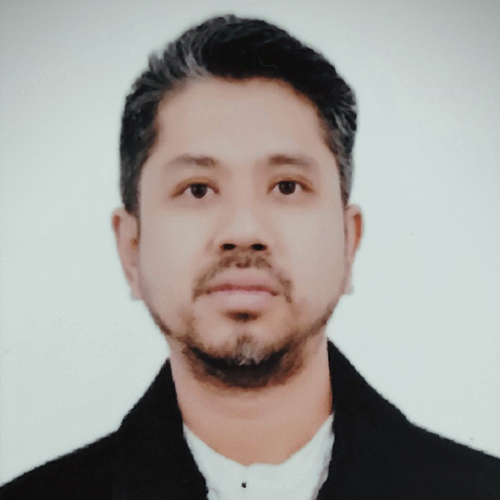Where is Egypt going?
With Egypt’s reversion to military rule, even if it is sanctified through an election process less than free and fair, one can say definitely that the pro-democracy tide in the Arab world is subsiding. The only success story so far is Tunisia where the Ennahda, an affiliate of the Muslim Brotherhood, has shown maturity and superior political navigational skills .
- K. P. Fabian
- February 03, 2014








